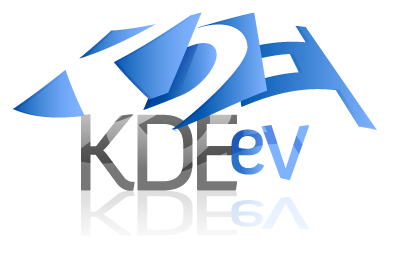KDE is once again taking part in Google Code-in this year, a contest to bring 13 to 17 year-olds closer to Free Software. I asked some of our students to write about their experience with KDE. Here’s the second one by Sumit.
“I come from India, where one in every five of the world’s children lives. I come from India, where 400 million children and young people below the age of 18 live; this is larger than the population of America, Argentina and Australia put together. “ – Derek O’Brien
I’m a 16 year old kid from Kolkata. I started learning how to code when I was in grade 7, while stumbling across a few YouTube tutorials on Java. 3 years later, Google Code-In was the first time I was exposed to the world of open-source, and I must say, it has been truly marveling.
My first task with KDE was relating to ownCloud. I learnt how to use IRC and immediately after, got in touch with Michael Gapczyski(MTGap) , my mentor. I encountered many helpful souls in the IRC chat, who were a great resource when the task seemed daunting at first. They helped me understand what the task wanted, and how I was supposed to go about all my work. This was one of the most counter-intuitive things I had learnt in my life. That people will go out of their way to help you out just because you ask. I discovered how truly wonderful the open source community was. But coming back to the task, my job was to write a short overview of describing the different types of apps available on ownCloud. After spending several hours using the ownCloud demo online, experimenting with internal and 3rd party apps, reading source gode on git, I finally began writing my summary. After several proofreads, I felt ready to upload my file online. MTGap thought that my summary needed a little more work, and helped by adding the text to TitanPad, where both of us could edit it simultaneously. After a little more research and some edits, my work was finally approved. I felt proud. It was my first task on Google Code-In, and I was glad it went well. Immediately after, I searched for another task. Maybe it was coincidence, but my 2nd task also ended up with KDE. Once I switched, over to Ubuntu, I downloaded Kamoso, which was the crux of my 2nd task. Kamoso is a program to use your webcam to take pictures or make videos. I fired up Kamoso on Ubuntu and started fiddling with all the features. Once I felt I had explored it fully, I started my task of writing documentation for how to use it. Some problems arose as I never got a chance to speak to my mentor, Alex Fiestas, and even long after I had completed the task, nobody reviewed my work. But it was a very minor issue, for when I inquired with GCI, they immediately spoke to KDE, and my work was approved. KDE was extremely swift at getting my work approved and I was equally contented by the fact that I had now completed 2 tasks. I was enthralled by the experience of open source software.
KDE has given me my debut to open source development, and, hopefully, I have a long way to go from here. I felt a little lost coming into Google Code-In, but I can safely say, I know what to do a lot better, and can take on tasks without feeling ill at ease, and it’s all thanks to KDE.
Links to my work :
ownCloud : http://www.google-melange.com/gci/task/view/google/gci2012/7989204
Kamoso : http://www.google-melange.com/gci/task/view/google/gci2012/7980218
Thank you.

